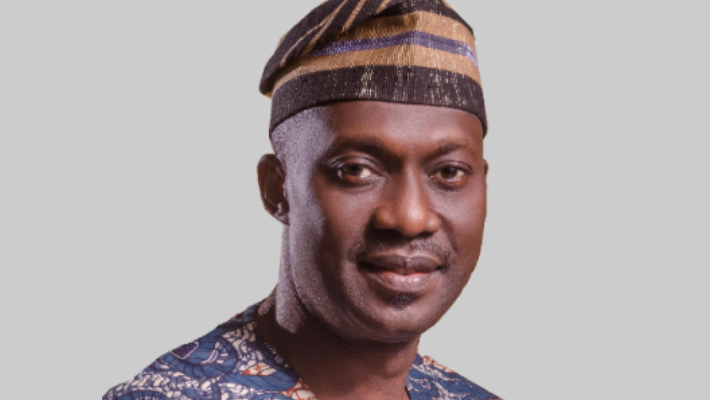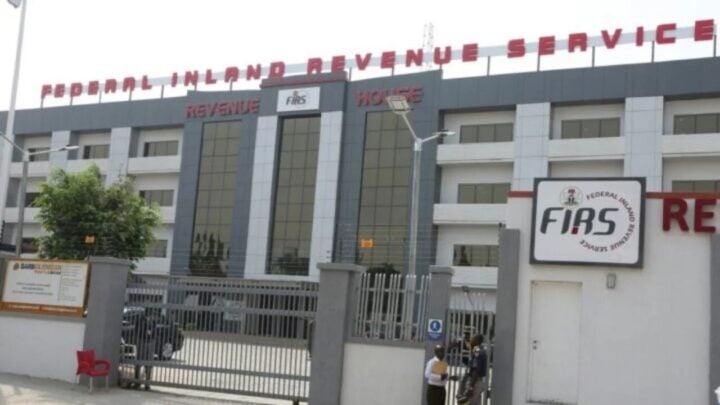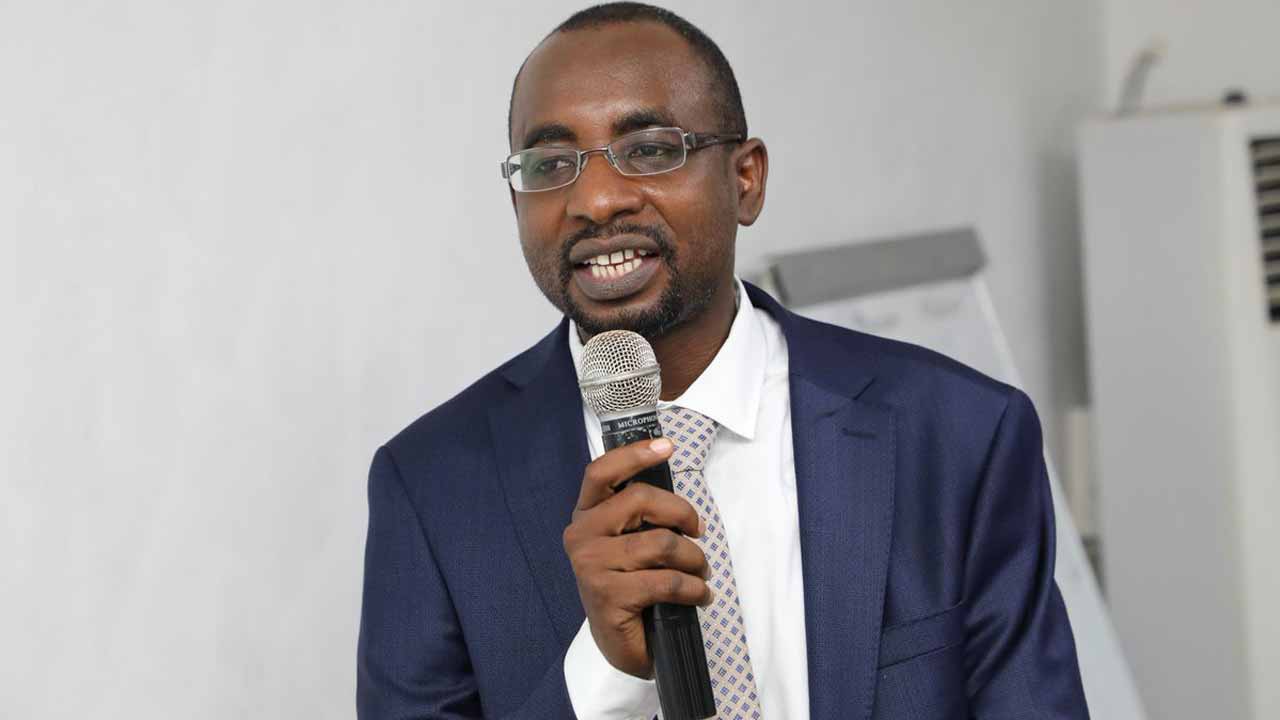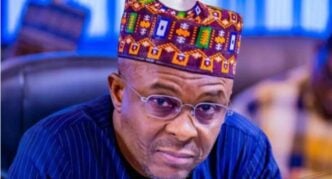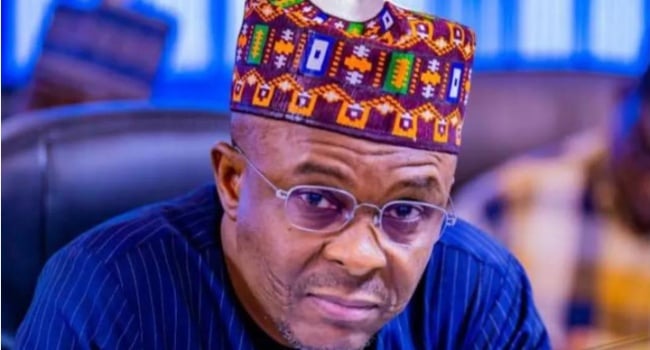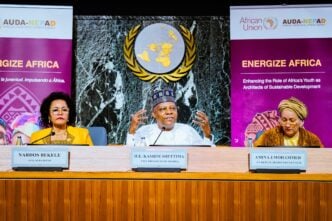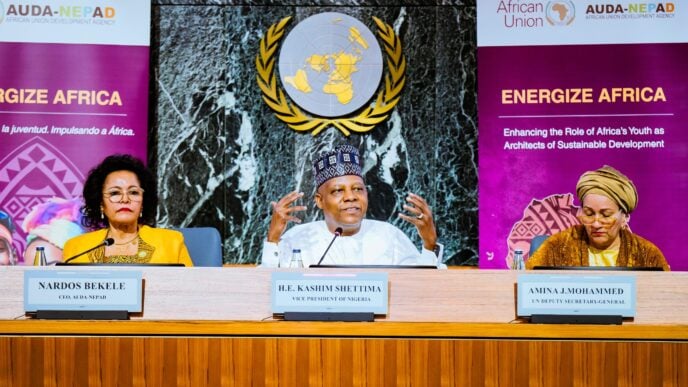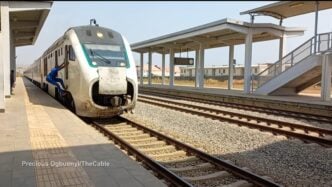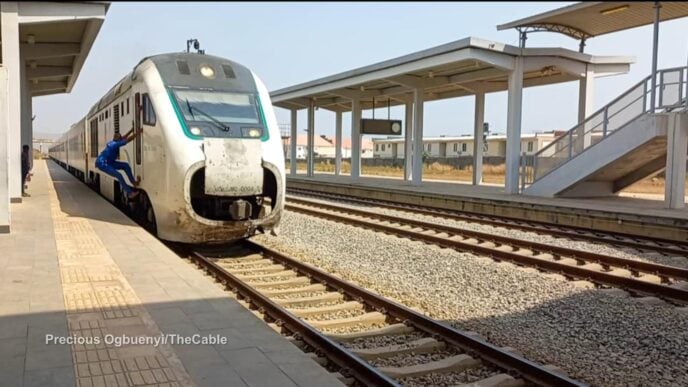The Manufacturers Association of Nigeria (MAN) has asked the federal government to prioritise manufacturing and industrialisation to reflect the real economic situation and gains of the country’s rebased gross domestic product (GDP).
Segun Ajayi-Kadir, director-general of MAN, spoke on Tuesday in Lagos while reacting to the country’s first quarter (Q1) 2025 GDP growth rate of 3.13 percent.
Ajayi-Kadir said the improvement suggests that the economy has the potential to recover.
However, he warned that the rebased GDP — mainly driven by improved data from agriculture, services, and the informal sector — should not be mistaken for real progress.
Advertisement
“The rebasing confirms that Nigeria’s economy may be statistically larger, but it is not more productive, nor more industrialised,” he said.
“While the rebasing exercise reveals a more diversified economy, it also exposes the underperformance of industry, particularly manufacturing, a sector which should be the backbone of Nigeria’s economic transformation.”
Ajayi-Kadir said despite the upward revision, Nigeria’s real GDP growth remains weak, averaging only 1.95 percent between 2020 and 2024.
Advertisement
This, he said, is a sign of the “underlying fragility of Nigeria’s productive base and the capacity of the economy to deliver sustainable and inclusive development”.
‘REBASED GDP SHOWS LOW PRODUCTIVITY’
He said the rebased structure shows industry’s share of the GDP declined from 27.65 percent in the 2010 base year to 21.08 percent under the new 2019 base year.
“This marks a structural shift away from production toward low-productivity service activities,” he added.
Advertisement
He said the government must treat the rebased GDP not as a sign of success, but as “a strong call for structural industrial reforms”.
“Nigeria must re-industrialise to achieve inclusive growth, build export capacity, and reduce dependence on primary commodities and informal activities,” he said.
The director-general asked policymakers to prioritise manufacturing in financing, infrastructure, and policy design.
“Without a strong industrial base, GDP expansion may just become a hollow statistic,” he said.
Advertisement
“The upward revision of Nigeria’s GDP to $243 billion could lift investors’ confidence and improve headline macroeconomic ratios such as the debt-to-GDP ratio.
“However, confidence in the economy is anchored not just on size, but on structural resilience, depth of industrial capacity and productivity growth.”
Advertisement
He called for sustained implementation of industry-centric initiatives, such as the Industrial Revolution Working Group, improved infrastructure, and greater access to long-term finance to revitalise the sector.
“This is the only way for the GDP growth to translate into poverty reduction, job creation, and macroeconomic stability,” he said.
Advertisement
Ajayi-Kadir also called for a manufacturing-led growth strategy, including targeted support for critical sub-sectors like textiles and vehicle assembly.
The MAN executive said the strategy includes sector-specific interventions such as energy reliability for manufacturers, incentivised local content policies, streamlined regulatory frameworks, and strategic trade facilitation to boost competitiveness.
Advertisement
